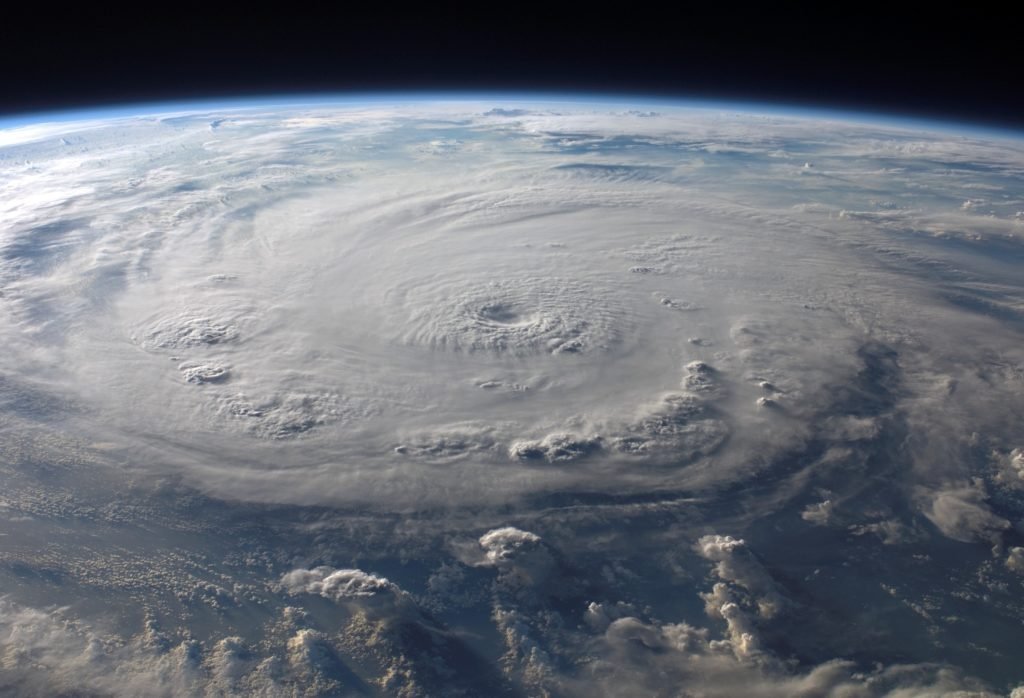Introduction:
As residents of the beautiful Sunshine State, we Floridians know all too well the importance of being prepared for hurricane season. With its unpredictable nature, it’s crucial to have a solid plan in place to safeguard our homes and loved ones. In this article, we’ll explore some key insights and recommendations provided by Citizens, the state-run insurance company of Florida, to help you enhance your hurricane preparedness. Let’s dive in!
Review Your Insurance Coverage:
- One of the first steps in hurricane preparedness is to review your homeowners insurance policy. Ensure that your coverage is up to date and adequate to protect your property and belongings in the event of a hurricane. Consider additional coverage options, such as flood insurance, which may be necessary in areas prone to flooding.
Create an Emergency Kit:
- Having an emergency kit readily available is crucial during hurricane season. Your kit should include essential supplies such as non-perishable food items, drinking water, batteries, flashlights, a first aid kit, important documents, and a portable phone charger. Remember to check and replenish your emergency kit annually.
Develop a Family Emergency Plan:
- Create a detailed emergency plan with your family. Identify safe areas within your home and establish a communication plan. Designate a meeting point in case family members are separated during the storm. Ensure that everyone knows how to shut off utilities if necessary and review evacuation routes in your area.
Protect Your Home:
- Inspect your property for any potential vulnerabilities. Trim trees and remove dead branches to minimize the risk of them falling on your home during high winds. Reinforce windows and doors with storm shutters or impact-resistant glass. Consider investing in a backup generator to keep essential appliances running during power outages.
Secure Outdoor Items:
- Outdoor items such as patio furniture, grills, and potted plants can become dangerous projectiles in strong winds. Secure or bring these items indoors before a storm. Don’t forget to inspect and reinforce your garage door, as it is often the most vulnerable entry point for hurricane-force winds.
Stay Informed:
- Stay tuned to local news and weather updates for the latest information on approaching storms. Sign up for emergency alerts and notifications from local authorities. It’s important to have a reliable source of information to make informed decisions and take necessary precautions.
Evacuation Planning:
- If authorities issue evacuation orders, follow them without delay. Plan your evacuation route in advance and know the locations of nearby shelters. Prepare your home before leaving by shutting off utilities and securing windows and doors. Take essential documents, medications, and valuables with you.
Conclusion:
Being prepared for hurricane season is paramount for Florida homeowners. By reviewing your insurance coverage, creating an emergency kit, developing a family emergency plan, protecting your home, securing outdoor items, staying informed, and having an evacuation plan in place, you can enhance your hurricane preparedness significantly. Remember, the safety of your loved ones and the protection of your property should always be top priorities.
At EnsureUp, we understand the importance of being adequately insured during hurricane season. Our team of dedicated professionals is here to assist you in reviewing your insurance coverage and ensuring you have the protection you need. Contact us today at (305) 452-0587 or email us at [email protected] to learn more about our comprehensive insurance solutions tailored to meet the unique needs of Florida homeowners.
Stay safe, stay prepared, and stay protected!
EnsureUp, LLC
Disclaimer: This article is based on information provided by Citizens, the state-run insurance company of Florida. For comprehensive and up-to-date guidelines and recommendations, please refer to official sources and consult with local authorities.

